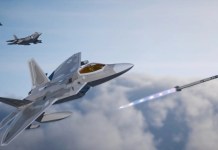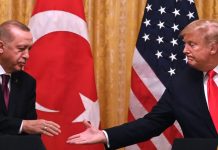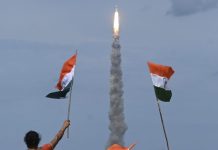Russia’s announcement to deploy tactical nuclear weapons in Belarus marks another major nuclear flashpoint in the one-year-old war. It has again brought into focus the possible role of Poland hosting such weapons on behalf of the United States (US), as the Polish leadership had expressed willingness for the part for the past year.
Largely in response to Britain’s supply of Depleted Uranium (DU) tank ammunition to Ukraine – as a part of the transfer of Challenger-2 Main Battle Tanks (MBT) – the announcement has yet not drawn an alarming reaction from Washington.
Putin said the facility would be constructed by July and that the US has stationed nuclear bombs in NATO host nations for years, suggesting it was the military bloc that has acted provocatively.
Neither US Nor Poland Is Making Big Noise
The US reacted cautiously to Putin’s statement, with a senior administration official saying there were no signs Moscow planned to use its nuclear weapons. President Joe Biden called the move “dangerous” but clarified that Russia hadn’t moved nuclear weaponry there. “They haven’t done that yet,” Biden said.
“We have not seen any reason to adjust our own strategic nuclear posture, nor any indications Russia is preparing to use a nuclear weapon. We remain committed to the collective defense of the NATO alliance,” an unnamed official from the Biden administration was quoted in another report.
In October 2022, Polish President Andrzej Duda revealed in an interview with Gazeta Polska that Warsaw believed there was “always” a “potential opportunity” to participate in the nuclear sharing program.
“We have spoken with American leaders about whether the United States is considering such a possibility. The issue is open,” Duda had said.
US & Russian Nukes – Armed But Not Ready
According to the Center for Arms Control and Non-Proliferation (CACNP), there are 100 US-owned nuclear weapons stored in five NATO member-states across six bases: Kleine Brogel in Belgium, Büchel Air Base in Germany, Aviano and Ghedi Air Base in Italy, Volkel Air Base in the Netherlands, and Incirlik in Turkey.
Russia does not have nuclear bases or weapons outside its borders. But Belarus said it sent “ten aircraft” capable of carrying tactical nuclear weapons last week. Russia also has Iskander battlefield tactical missiles that can be armed with nuclear warheads.
Last August, Belarusian President Alexander Lukashenko said Russia helped modify some of his air force’s Sukhoi Su-24 aircraft to carry tactical nuclear weapons.
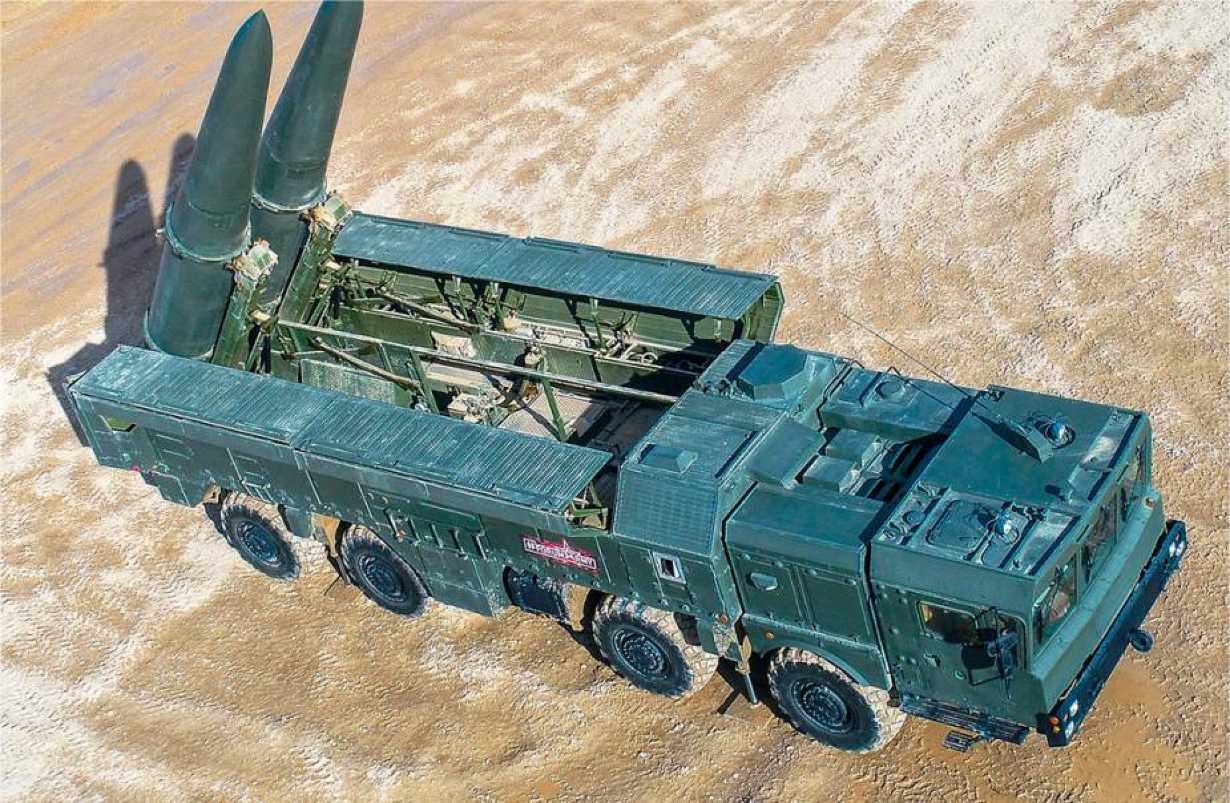
However, Russian and American personnel have retained control of the nuclear weapons in their respective forward bases. This makes it non-escalatory, safe, and free from immediate use if these countries face an attack.
In the six bases across the NATO states, the B61-12 air-dropped nuclear bomb cannot be operated by these countries but by US personnel only. According to the CACNP, the bombs are kept in WS-3 underground vaults and activated by Permissive Action Link (PAL) codes to be used only by American personnel.
The bomb can be carried and dropped from NATO and US aircraft like F-16, F-15E, F-35A, Tornado fighters, and the B-2 Spirit bomber.
Regarding the facility in Belarus, Putin himself clarified that Russia would not be transferring arms control to Minsk. Pavel Podvig, an expert on Russian nuclear issues, tweeted that he “(doubted) the site will be ready to host weapons permanently.”
“Even if the site is built, it may just stay empty. It’s not without precedent – Kolosovka in Kaliningrad has been empty for years and might still be empty,” he said.
Thus, the fact these safeguards are in place means that the US does not find the upcoming Russian nuclear facility in Belarus as threatening.
The Department of Defense (DoD) and the Pentagon have credible monitoring and intelligence measures to notice any Russian nuclear movement involving warheads into these facilities. With no such alarm being sounded, the US knows Russia does not intend to use nuclear weapons first.
Moreover, the existence of such nuclear facilities can be used by Russia as a bargaining chip in future negotiations with the US and NATO. Conversely, the preparatory step (having just a facility that hosts tactical nuclear weapons and not the actual weapons themselves) allows for the next subsequent stage to be undertaken and the information released timely, either to deter rivals or reassure allies.
The absence of any indications by the US of retaliating to the Russian move by forward deploying nuclear weapons of its own also serves as a signal to Poland that Americans still do not consider basing nuclear weapons there.
Moreover, moving US nuclear weapons into Poland could violate the Nuclear Non-Proliferation Treaty (NPT) and the NATO-Russia Founding Act in 1997. The latter was passed after the end of the Cold War, in which NATO stated it had no plan to deploy nuclear weapons on the territory of new members.
War Only Strategic Rivalry So Far
Finally, forward deploying active nuclear weapons also depends on the fundamental desire of two actors, that is, whether they want a direct war with each other. Both Russia and NATO/US have repeatedly stated that they do not wish to fight the other directly, indicating the situation is far from spiraling into an actual nuclear faceoff.
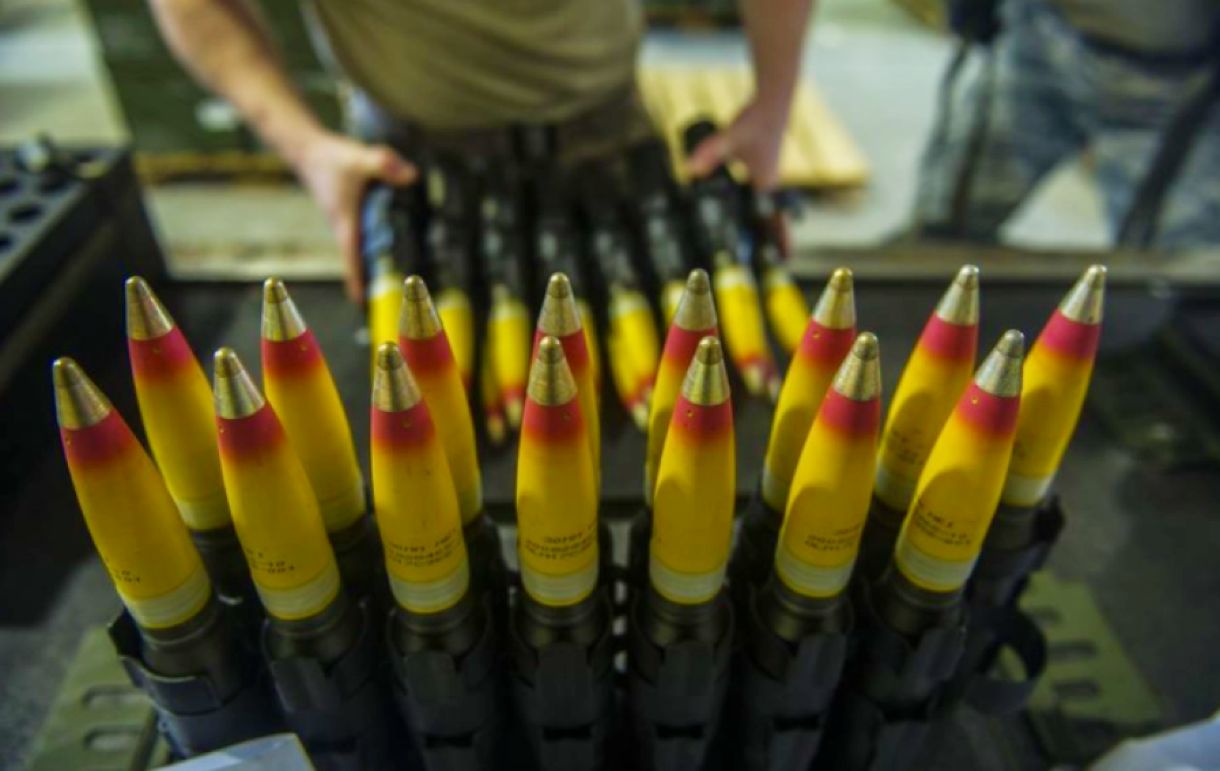
There have been developments in the nuclear realm in the war over the last year and some brinkmanship. But both parties do not yet perceive an imminent existential threat in how the war has progressed.
While neither party has a No First Use (NFU) policy – where a country would use nuclear weapons only upon attack with a nuclear weapon – Russia’s posture comes closest to the approach. Putin has said Moscow would use atomic weapons only if Russia faces the kind of “existential” threat that poses a danger to the state’s and its population’s physical security.
This means even if Russia doesn’t sustain a nuclear attack, from its perspective, NATO and the US amassing on its border and possibly pointing nuclear missiles towards it will guarantee that eventuality anyway. Russia cannot afford to wait until that happens and would have to use nuclear weapons.
Many experts have pointed out how the nuclear elements in the current war are far from the tense and angry ones during the Cold War. Poland, too, has not reiterated its demand for hosting US nuclear weapons but has reacted to the Belarusian issue in diplomatic terms, calling for stricter sanctions on Minsk.
Britain sending Depleted Uranium rounds to Ukraine is still considered unethical and provocative in Russia but not escalatory yet. This still marks an interesting moment in non-strategic heavy arms defining nuclear postures and policies.
- The author can be reached at satamp@gmail.com
- Follow EurAsian Times on Google News

